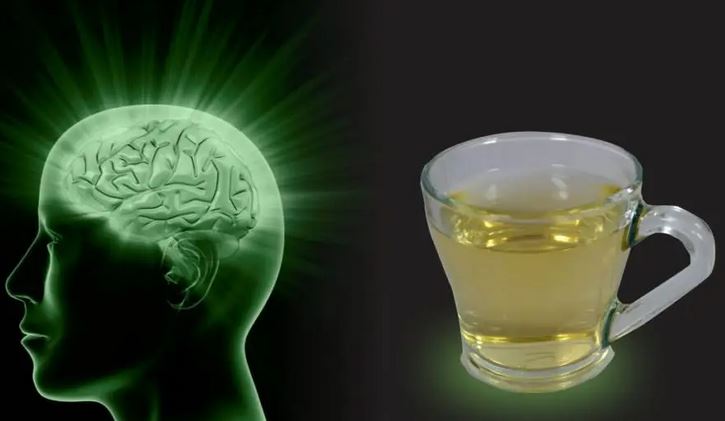Tea and brain health | |

| |
In today's fast-paced world, maintaining optimal brain health is crucial for overall well-being and cognitive function. While there are various lifestyle factors that contribute to brain health, the role of tea in nurturing the mind has garnered significant attention. Packed with beneficial compounds, tea offers a refreshing and flavorful way to support brain health. In this article, we will explore the impact of tea on brain health, delving into the different types of tea, their potential benefits, and how incorporating tea into a healthy lifestyle can promote cognitive vitality. The Cognitive Boosting Power of TeaGreen Tea: A Cup of ClarityGreen tea, derived from the Camellia sinensis plant, has long been celebrated for its numerous health benefits. When it comes to brain health, green tea stands out as a potent elixir. Green tea contains a unique combination of caffeine and L-theanine, an amino acid known for its calming effects. This synergistic blend provides a gentle and sustained boost in mental alertness, focus, and concentration. Moreover, the antioxidants and polyphenols found in green tea have been linked to a reduced risk of cognitive decline and may help protect the brain against age-related neurodegenerative diseases, such as Alzheimer's and Parkinson's. Black Tea: Harnessing the Power of TheaflavinsBlack tea, another popular variety derived from the Camellia sinensis plant, offers its own array of brain-boosting benefits. Rich in theaflavins, black tea has been associated with enhanced cognitive performance, improved memory, and increased attention span. Theaflavins exhibit neuroprotective properties that help combat oxidative stress and inflammation, promoting a healthy brain environment. Regular consumption of black tea has been linked to a reduced risk of cognitive decline and may support overall brain health. Exploring Herbal Infusions for Brain VitalityChamomile Tea: Calming the MindChamomile tea, made from the dried flowers of the chamomile plant, has been revered for its calming properties for centuries. While not directly boosting cognitive function, chamomile tea's ability to promote relaxation and reduce anxiety can indirectly support brain health. By alleviating stress and improving sleep quality, chamomile tea helps optimize cognitive performance and mental well-being. A well-rested brain is better equipped to handle cognitive tasks, enhance memory consolidation, and maintain overall brain health. Peppermint Tea: A Refreshing BoostPeppermint tea, with its invigorating aroma and cooling taste, offers a refreshing way to stimulate the mind. The natural compounds in peppermint tea, such as menthol, have been shown to improve alertness, memory, and attention span. Sipping on a cup of peppermint tea can provide a gentle mental boost, making it an excellent choice for times when increased focus and mental clarity are desired. Frequently Asked Questions (FAQs)
ConclusionTea, with its diverse flavors and beneficial compounds, provides a delightful and potentially supportive elixir for brain health. Green tea and black tea, with their unique properties, offer cognitive-boosting benefits such as enhanced memory, focus, and attention span. Herbal infusions like chamomile tea and peppermint tea contribute to brain health indirectly by promoting relaxation and mental clarity. Incorporating tea into a well-rounded approach to brain health, alongside a nutritious diet, regular exercise, and mental stimulation, can nurture the mind and contribute to cognitive vitality. So, steep a cup of your favorite tea, savor its flavors, and nourish your brain with the goodness of nature's brew. | |
| Views: 484 | | |
| Total comments: 0 | |